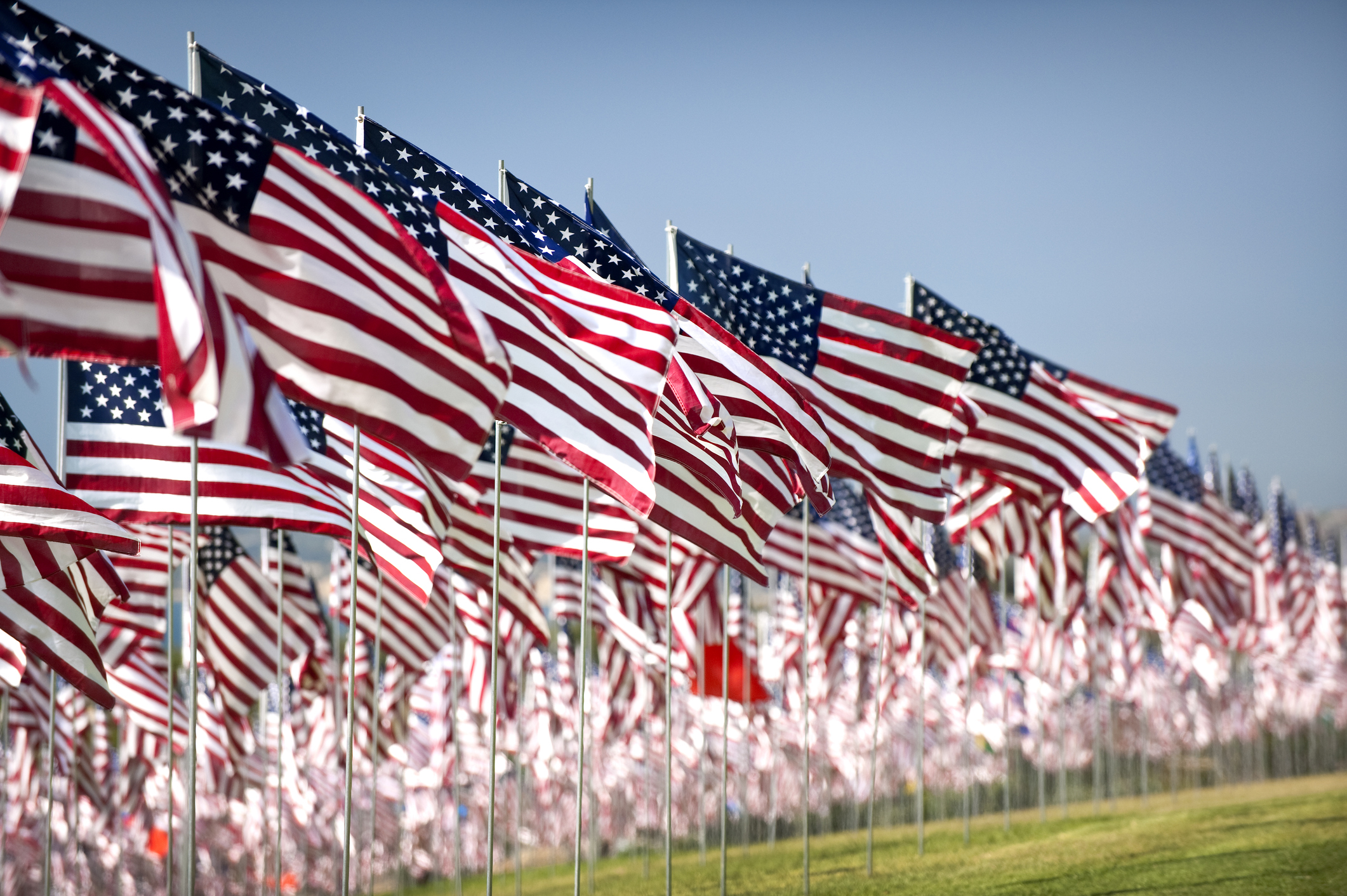As the 20th anniversary of the Sept. 11 terrorist attacks approaches, two more victims’ remains have been identified by the New York Medical Examiner’s Office.
Dorothy Morgan of Hempstead, New York, and a man whose family requested anonymity were identified using high-technology DNA testing.
“Twenty years ago, we made a promise to the families of World Trade Center victims to do whatever it takes for as long as it takes to identify their loved ones, and with these two new identifications, we continue to fulfill that sacred obligation,” Chief Medical Examiner Barbara Sampson said in a statement, the New York Post reports.
“No matter how much time passes since September 11, 2001, we will never forget, and we pledge to use all the tools at our disposal to make sure all those who were lost can be reunited with their families,” she added.
The 47-year-old worked for an insurance company on the 94th floor of the North Tower at the World Trade Center. With the use of new technology, it was found that the DNA in some of the remains from the attack matched DNA on her old toothbrush.
"Shocking, I didn't expect it after all this time," her daughter, Nykiah Morgan, said, describing her mother as "amazing, giving, caring," ABC 7 reports.
Dorothy and Nykiah used to talk on the phone every day and the two spoke on the morning of Sept. 11, 2001. Just 10 minutes later when Nykiah tried to call back, she received busy signals.
Nykiah eventually went on to name her second son after her mother, 18-year-old Dorian Morgan.
"I'd like her to know a lot about me, the entirety of my life which she missed out on, which I'm sad about," Dorian said.
Dorothy and the second victim are the 1,646th and 1,647th people to be identified by remains that have been recovered from Ground Zero, and they're the first victims identified since Oct. 2019.
The terrorist attack claimed the lives of nearly 3,000 people, and 1,106 of the victims — or around 40% of those who perished — have yet to be officially identified. The ongoing process to identify victims is considered one of the largest and most complex forensic investigations in the history of the United States.
"We continue to push the science out of necessity to make more identifications," Mark Desire, assistant director of the OCME Department of Forensic Biology and manager of the World Trade Center DNA Identification Team, said. "The commitment today is as strong as it was in 2001."
